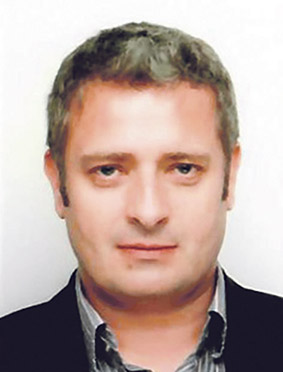Summer is coming to an end and it’s back to school and work. For most of us, this means once again using the alarm clock to wake us up in the morning.
I think we can all agree that sleep is vital for survival, as is food and drink. When we are hungry, we eat. When we are thirsty, we drink. If we eat and drink enough, we won’t be hungry or thirsty. And, if we sleep enough, there should be no need for an alarm clock.
How many of you wake up to the alarm clock and think “Yes! I’m awake and full of joy for the day ahead”? So, why do we intentionally and regularly interrupt our sleep using this awful device? According to a study of the sleeping patterns of 65,000 adults, we are now staying awake 40 minutes more than we did a decade before. Apparently, this causes something called social jet lag and one hour of social jet lag increasing your chances of being fat by an incredible 33%! So, if you are overweight, it’s not your fault, blame your alarm clock.
Then there’s dreams. Many of you may think you don’t dream that much, but research shows that you have a new dream about every 45 minutes. Remembering the dream is the difficult part and studies say that using an alarm clock makes the chances of remembering your dreams even more unlikely. Dreams are important, even though they can sometimes be strange. Arianna Huffington, who is listed by Time Magazine as one of the world’s 100 most influential people, highlights that dreams have, throughout history, been the source of new ideas, insights, art, and scientific breakthroughs. The periodic table of elements, The Beatles’ “Let it Be”, even Google, were all conceived in a dream.
Has a dream ever bothered you during the day? The chances are that your dream was interrupted by your alarm clock and you are forcing yourself to process dreams when you are awake.
Although the human body might be able to adapt to a regular rhythm and prepare itself for the alarm, I really don’t think it does anybody any good at all. The snooze button apparently just makes things worse.
Anyone who knows me can tell you I work extremely long hours. I take a two-week holiday every other year and often work through the weekends. I sleep when I get tired and wake up when I feel ready. I am almost never tired. The reason? I stopped using the alarm clock about 20 years ago.
Next time your alarm clock wakes you up, remember that it is also telling you that you haven’t had enough sleep. If you’re late for school or work because you decided to stop using your alarm clock, you can blame me.
Sweet dreams.

